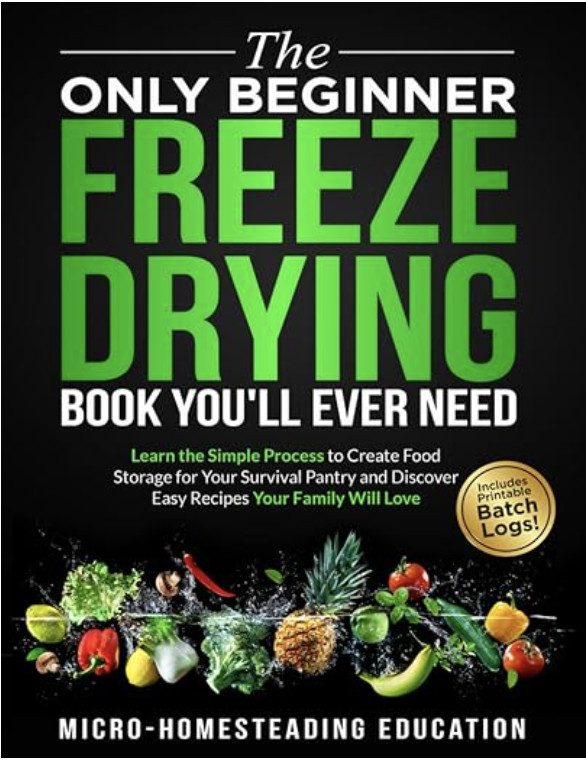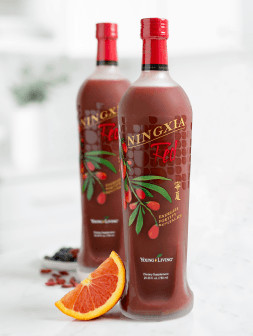Does the phrase “Picky Eaters” make your heart sink? You're not alone! For many parents, mealtimes can be a challenge. But why do kids become picky eaters in the first place? And what can you do to help them develop healthy eating habits and foster an enjoyable mealtime experience for everyone involved? Let's take a closer look at why kids become picky eaters—and the power struggles that often ensue.
Why Do Kids Become Picky Eaters?
The truth is that picky eating is a normal part of childhood development. In fact, research has shown that children are born with natural food preferences and even dislikes, which can lead to picky eating. Children need time to get used to new foods and flavors, so don't expect them to love every single thing they try on the first attempt. Kids also tend to be more sensitive than adults when it comes to texture, smell, and taste; so if something looks or tastes strange to them, they may reject it immediately without giving it a chance. That said, some children may be more prone to pickiness than others due to sensory sensitivities or other factors beyond their control.
The Picky Eater Power Struggle
When kids are being selective about what they eat, it can lead to frustration on both sides—which often leads to a power struggle between parent and child over food choices. Unfortunately, this type of power struggle can backfire if not handled correctly; when push comes to shove (literally!), kids are likely to dig their heels in even further rather than give in. It’s important as parents that we remember that our children need us more than anything else in this world—including food! We must strive for balance by setting reasonable boundaries while at the same time allowing our children space and freedom within those boundaries so they feel respected and heard.
How Can I Help My Child Develop Healthy Eating Habits?
Fortunately there are some practical strategies you can use when dealing with a picky eater at mealtime: First of all, don't pressure your child into trying new foods; instead provide plenty of positive reinforcement for trying new things (even if only one bite!). Secondly, make sure meals are fun by including creative dishes or letting your child help out with meal prep; this will help introduce variety into their diet without making them feel overwhelmed or resistant. Finally, stay consistent by offering nutritious options at each mealtime (even if your child refuses them); this will ensure that your child is getting all the essential nutrients he/she needs even if they don't seem interested in eating them right away.
No matter how finicky your little one may be about what they put on their plate, you have the power as a parent—with patience and understanding—to turn mealtimes into enjoyable experiences for everyone involved! By being aware of why kids become picky eaters in the first place and learning how we can best support our children through these developmental stages we can help foster healthy eating habits while avoiding unnecessary power struggles over food choices along the way!
My blogs contain some affiliate links.
Any purchase made is a blessing to my family at no extra cost to you!
Thank you for supporting us!

Finding time for meditation and prayer as a busy mom can be challenging, yet these practices are essential for nurturing your physical and mental wellbeing. By incorporating small, manageable moments of self-care into your daily routine, you can experience significant benefits. Whether it's setting aside a specific time each day for yourself or finding ways to integrate these practices into your existing schedule, making space for spirituality is crucial.
Read more...Have you ever examined the ingredient list on your laundry detergent bottle? As holistic moms, we care deeply about what we use around our families, and laundry detergent is a daily necessity. Let's explore two common toxic ingredients found in many detergents: NPEs and sulfates, and why you might want to avoid them.
NPEs, or nonylphenol ethoxylates, are chemicals used as surfactants to soften water and break down dirt. However, when NPEs break down, they turn into nonylphenols, which are toxic to both humans and the environment. These compounds can be absorbed through the skin or ingested via contaminated water, and are classified as endocrine disruptors, interfering with hormone function in both humans and animals.
Sulfates, such as sodium lauryl sulfate or sodium laureth sulfate, are responsible for the foamy suds we associate with "clean." However, they can be harsh on sensitive skin, especially when combined with other chemicals. Over time, sulfates can strip away the natural oils from skin and hair, leaving them vulnerable to environmental toxins, bacteria, and allergens, and causing dryness, irritation, and even eczema flare-ups in those prone to skin conditions.
Read more...
Freeze drying is a revolutionary method for preserving food that maintains its nutrients, color, flavor, and structure, offering a superior alternative to canning and dehydrating. It removes moisture without using heat, preventing nutrient loss and allowing food to remain fresh for up to 25 years. From fruits and vegetables to full meals, almost any food can be freeze-dried, making it an ideal solution for preserving a variety of items.
One of the key advantages of freeze drying is its ability to reduce food waste and save both time and money. By freeze-drying leftovers and bulk purchases, families can enjoy healthy, preservative-free meals and snacks. This method also enables the preparation of shelf-stable emergency meals that are nutritious and delicious, making it a valuable tool for health-conscious families and preppers alike.
While freeze drying may initially seem complicated, with the right guidance, it becomes an accessible and empowering kitchen skill. A comprehensive beginner's book simplifies the process, providing easy-to-follow instructions and tips for setting up a machine, prepping different foods, and storing them safely. This resource is perfect for busy moms, gardeners, homesteaders, and anyone seeking clean, non-toxic food options for their family.
Read more...As a mom, ensuring the well-being of your family is a top priority, and self-advocacy in health presents a powerful way to achieve this. It involves equipping yourself with the knowledge and skills to make informed health decisions. By proactively engaging with nutrition, natural remedies, and staying updated with healthcare trends, you can take control of your family's health journey and address medical issues with confidence.




